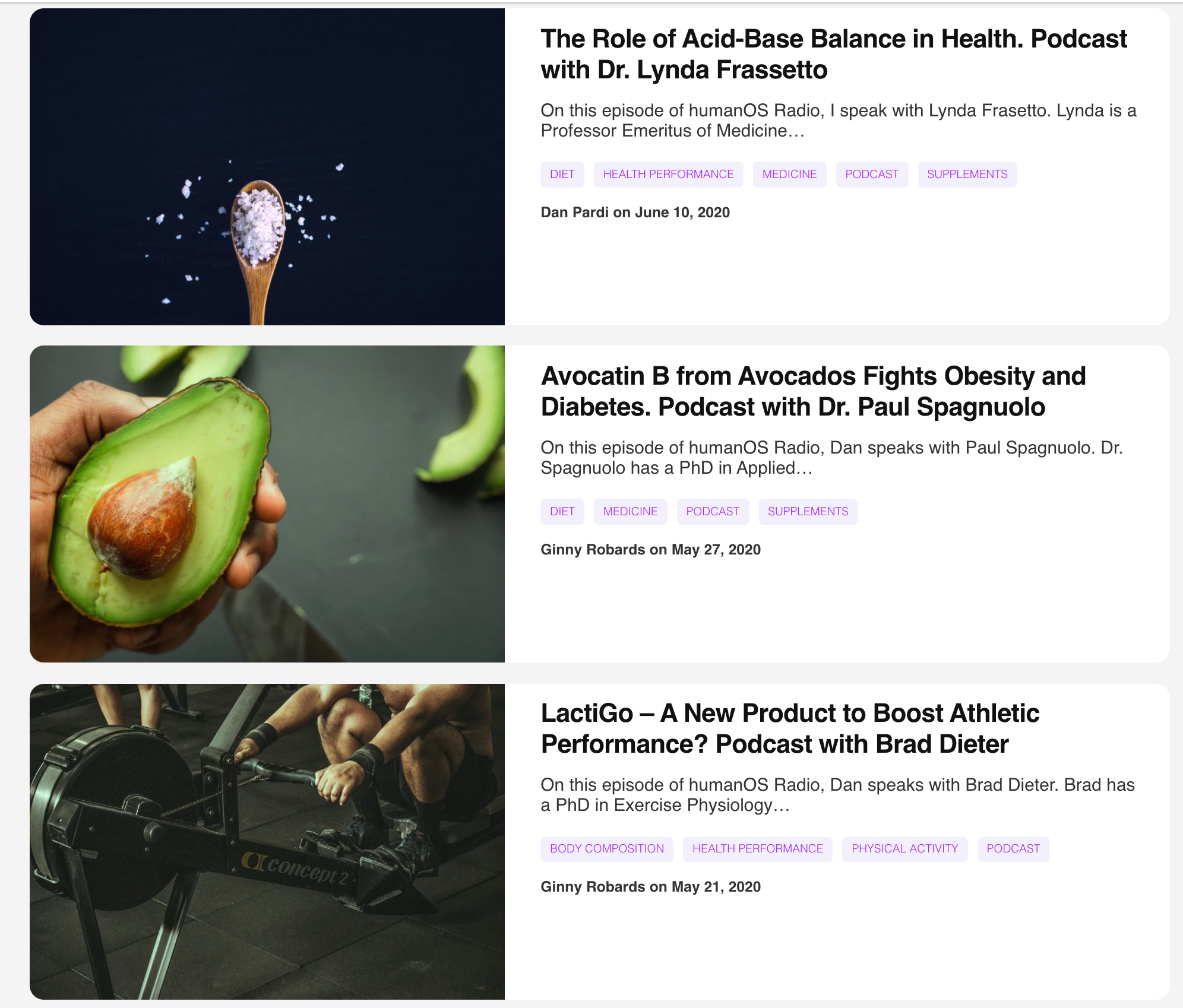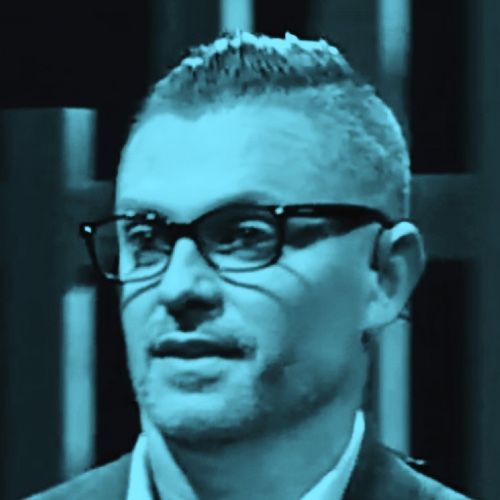#057 - Is the Paleo Diet Good or Bad for Aging? - Professor Michael Rose
Why do we age? The fundamental causes of aging at the molecular level are relatively well established. But the question of why aging happens in the first place is a more challenging one, one which has bedeviled evolutionary biologists and philosophers for years.
You might think, intuitively, that the process of natural selection would gradually eliminate senescence. Aging increases mortality, and organisms that experience impaired function and ultimately die would not be able to produce as many offspring as one that was able to live (and to reproduce) indefinitely, or at least for a much longer timespan. So, you would assume that this would result in selection for organisms that live much longer, generate more offspring, and ultimately the causes of age-related deterioration would fade from the genome. Yet aging is very commonly observed. Why is that?
Natural selection is strongest in early life. This makes sense - the natural environment is full of predators, disease, and other perils that often kill organisms when they are young and vulnerable. Consequently, genes and pathways that enhance survival and reproduction in early life are likely to be favored - even if they come at the cost of problems later in life, when selection is comparatively weak. But is aging inevitable? Can it be slowed, or postponed, or stopped altogether?
In this installment of humanOS, Dan talks with Michael Rose. Dr. Rose is a Distinguished Professor of Ecology and Evolutionary Biology at UC Irvine. He is a prolific biologist whose research into the evolution of aging has effectively transformed that field. Rose’s laboratory has been testing the theory of antagonistic pleiotropy for nearly forty years, through artificial selection experiments in fruit flies.
In what was perhaps his most famous experiment, Rose allowed flies to only reproduce successfully if they laid their eggs late in life. He discarded the eggs of any flies that laid eggs before they reached fifty years of age. Over a few generations, this population of flies evolved longer lifespans. Why might this be? Remember that natural selection is strongest early in life, and becomes weak later on. In theory, if adults reproduce when they are older, natural selection is apt to favor genes that enhance resilience (and reproduction) later into the lifespan.
Dr. Rose's research into aging has also drawn him to some interesting (and possibly controversial) notions about evolutionary changes in the human diet, and how our age may influence how adapted we are to modern agricultural foods. To learn what that means, and its potential implications, check out the interview!



